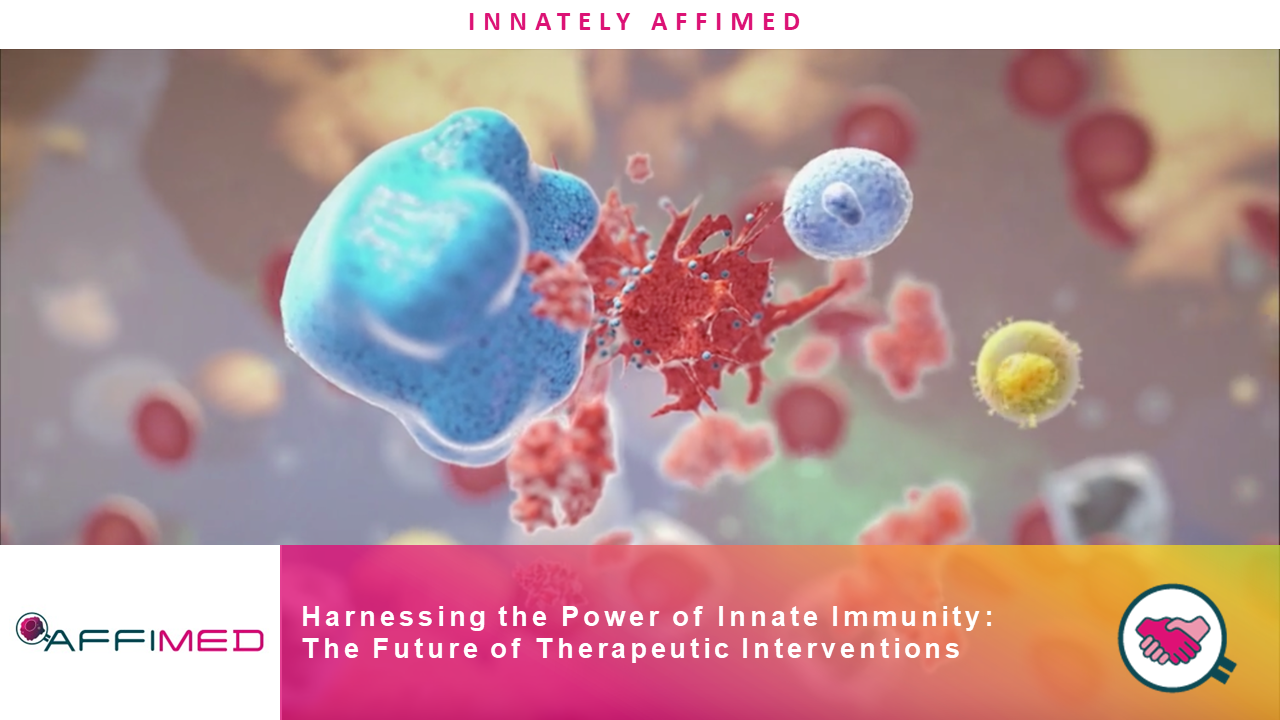
Cancer is one of the deadliest diseases known to mankind and remains one of the most significant global health challenges–despite ongoing investment and advances in cancer treatment. To date, most anti-cancer immunotherapy treatments have focused on the adaptive immune system rather than both the innate and adaptive immune systems–missing an opportunity to activate the body’s full immune response.
The role of the innate and adaptive immune systems
The innate immune system is the body’s first line of defense and is responsible for quickly recognizing and responding to pathogens and abnormal cells. The adaptive immune system, on the other hand, is the second line of defense and is responsible for generating a more specific response to pathogens and abnormal cells.
The innate immune system is often overlooked when it comes to cancer treatment. However, it plays a crucial role in fighting cancer by attacking invading pathogens or abnormal cells. One of the key players in the innate immune system is the natural killer (NK) cell. These cells are responsible for recognizing and killing abnormal cells, including cancer cells. NK cells are able to do this because they can detect changes in the surface proteins of abnormal cells, which distinguishes them from normal cells. Once NK cells detect an abnormal cell, they release cytotoxic molecules that destroy the abnormal cell. At Affimed, our ICE® molecules also engage with macrophages, another important kind of innate immune cell.
The adaptive immune system also plays an essential role in fighting cancer. This system is responsible for generating a more specific response to abnormal cells, and it does this through the use of T cells and B cells. T cells are responsible for recognizing and killing abnormal cells, while B cells are responsible for producing antibodies that can recognize and bind to abnormal cells.
Facilitating “cross-talk” between the two parts of the immune system
Recent research has shown that the innate and adaptive immune systems are interconnected, and that a strong innate immune response can help to activate the adaptive immune system. This is important because the adaptive immune system is often suppressed in cancer patients, which makes it difficult for the body to mount an effective immune response to the disease.
Specifically at Affimed, we now have published research showing that when you take biopsies of EGFR-positive solid tumors such as lung or colon cancer that have been treated with the ICE® AFM24, you not only see NK cells (innate immune system response), but also T-cells which have invaded the tumor (adaptive immune system response), showing evidence of immune system cross-talk. While innate cell engagers do not directly engage T-cells, we believe that by first engaging innate cells such as NK cells, and macrophages to kick-start the immune response, you can facilitate communication with the adaptive immune system (probably via the engagement of macrophages). Importantly, in our view, this path to activate the adaptive immune system via the initial engagement and activation of the innate immune system is a more natural or physiological approach with fewer side effects than directly engaging and activating T cells.
In 2020, we published the results of a phase 1b clinical trial evaluating acimtamig (AFM13) in combination with the checkpoint inhibitor pembrolizumab in patients with relapsed or refractory Hodgkin’s lymphoma. The trial enrolled 30 patients and found that the combination of acimtamig and pembrolizumab was well-tolerated and had an overall response rate of 88%, with 46% of patients achieving a complete response. These results suggest that pairing a checkpoint inhibitor such as pembrolizumab together with acimtamig can further boost cross-talk to the adaptive immune system with activation of T cells.
In addition, we are also conducting a phase 1b/2a clinical trial evaluating AFM24 in combination with the checkpoint inhibitor atezolizumab in patients with EGFR-positive Non-Small Cell Lung Cancer.
These published results are a growing body of evidence of the read-through from the innate to the adaptive immune system. They also suggest that there are safer, more effective ways of treating cancer, and I’m incredibly excited about the compelling new combination therapies now on the horizon. What we’ve been able to demonstrate so far through today fuels future innovations that offer hope for the 19.3+ million people newly diagnosed with cancer each year.1